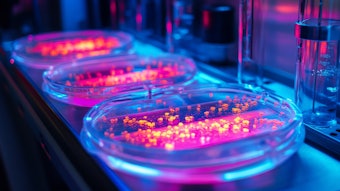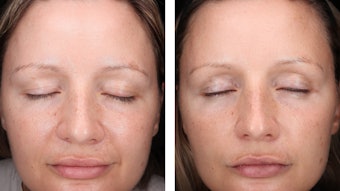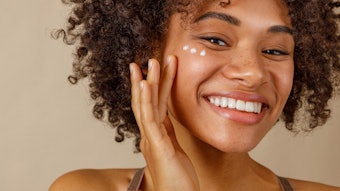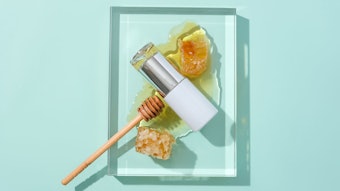
Editor's note: The "Words from Wiechers" series considers the lessons our industry can learn from the late Johann Wiechers, Ph.D. He was an adviser, colleague and leader in the industry until his unexpected passing. Presenting Wiechers's insights is Tony O'Lenick.
'What You Say is What You Get,' Wiechers advises in chapter 32 of his book, Memories of a Cosmetically Disturbed Mind. 'However, if we are too economical with the truth, we should not be surprised that others play the same tricks on us,' he adds.
Johann states: "Cosmetic science is following traditional mainstream science, and logical thinking dictates that it should therefore also suffer from the misconceptions of folk science. Does it? If so, cosmetic scientists should feel that they understand issues relating to skin and hair care that the general public does not understand.
"In April 2006, I was participating in a debate about the perceived benefits of naturals that was being held as part of the Perspectives in Percutaneous Penetration conference. It was a truly silly debate, as all involved were scientists who knew that there was no scientific argument for the natural origin of a material being a guarantee for a better performance or safety profile. We were trying to convince ourselves of things we already knew anyway.
"Greenpeace [also] writes: 'Phthalates are notorious as plasticizers in plastics (PVC). But the phthalate DEP, for instance, is also being used as solvent and fixing aid in cosmetics. Phthalates can disturb the hormone balance and [they] are potential carcinogens. Greenpeace previously encountered these chemicals in blood of adults and in the umbilical cord of newborns.' The 'Guide for Beauty without Poison' subsequently identifies companies that have replaced (receiving a green light), are busy replacing (amber) and are not intending (red) to replace [such] chemicals from a list of 20 harmful compounds.
"And then my mother-in-law showed me her preferred anti-aging cream and asked me if by any chance DEP was present in her product, 'somewhere hidden amongst these completely incomprehensible names.' Luckily it was not, and therefore the discussion of what she would have done if it had [been present] was purely theoretical. But I had to explain to her a few things..."
Seeing and Saying
"...Many phthalates are indeed carcinogenic but not all are. The 'all cows are animals but not all animals are cows' comparison did its usual trick. Everything written by Greenpeace was correct: phthalates may be carcinogenic and they may disturb the hormone balance. But they did not say that this was also the case for diethyl phthalate (DEP). They did not even say whether DEP was on their list of 20 harmful chemicals."
"But the take-home message was delivered. My mother-in-law asked me whether DEP was in her product. Nothing more was being said by Greenpeace about DEP, which is indeed used in perfumes and pharmaceutical preparations. Harmful effects have been described for dibutyl phthalate and chain lengths longer than C4. The SCCP does not have new data that would justify a decision to retract its positive recommendation concerning the use of DEP in cosmetics. However, some cosmetic producers decided to replace it with more costly alternatives like isopropyl myristate and benzyl benzoate to avoid negative PR and in doing so, received the green light from Greenpeace."
See related: Method Designed to Assess Aggregate Exposure to Phthalates
Wiechers concludes, "Be true to cosmetic science but do not oversell. Correct your mother-in-law when she asks you a question. Be prepared to explain the logical 'till death do us' part [that not only means] “what you see is what you get,” but also “what you say is what you get."
The Lesson
The fact that this column was written in 2006 perhaps is the reason that some of its assumptions appear somewhat out of date. We have come a long way since that period. We have become more aware of Environmental Stewardship and the impact of certain chemicals on health. This is a good thing; more knowledge, more studies and more publishing of the science is critical to our industry.
However, in this chapter, Wiechers also cautions, "...if we are too economical with the truth, we should not be surprised that others play the same tricks on us.” This concept is as alive today as it was in 2006. All too often the “conclusions” about products formulated into our industry are simply that—conclusions without underlying science.
We are all too stingy with publishing peer-reviewed science, which is critical to having our science validated. Avoid conclusions that tend to be self-serving. For as Thomas Lupton's Sivquila admonished in 1580, If something appears to be too good to be true, it probably is 2GTBT."










